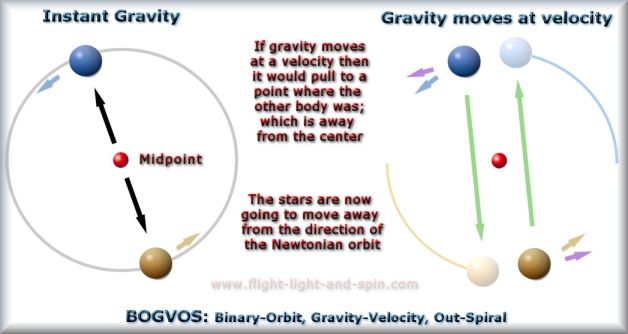WalterTrull
Godfella
Well, Frasier's paper, written in 2015, does predate the establishment of gravitational waves in 2017, in which it was discovered that "gravity moves at 299,792,458 metres per second, a rate we can just call c." So there's no reason to pay any attention to his paper. It's outdated and his conclusion worthless..
Gadzooks! Time moves so fast. Er, I mean gravity. Er, I mean...


